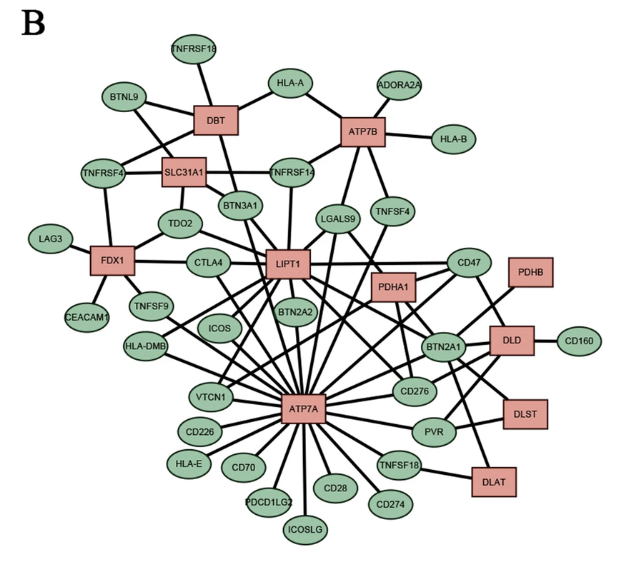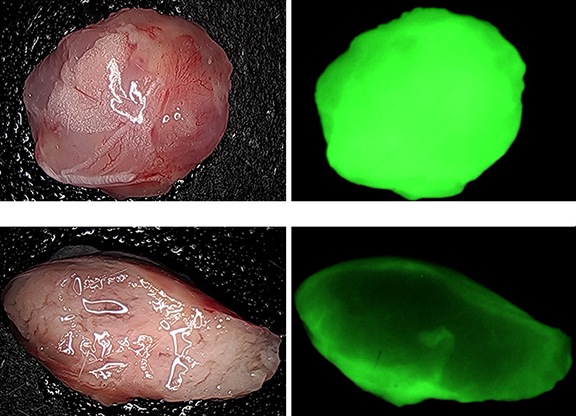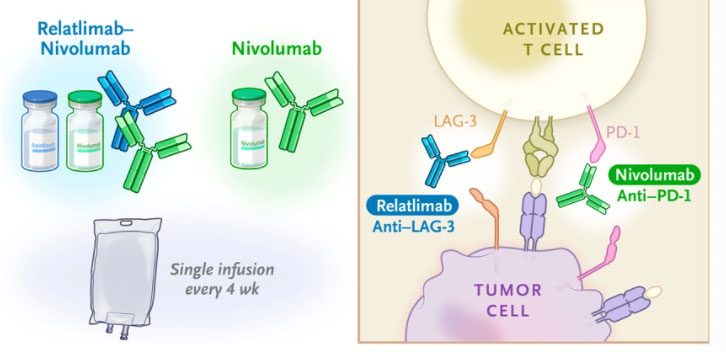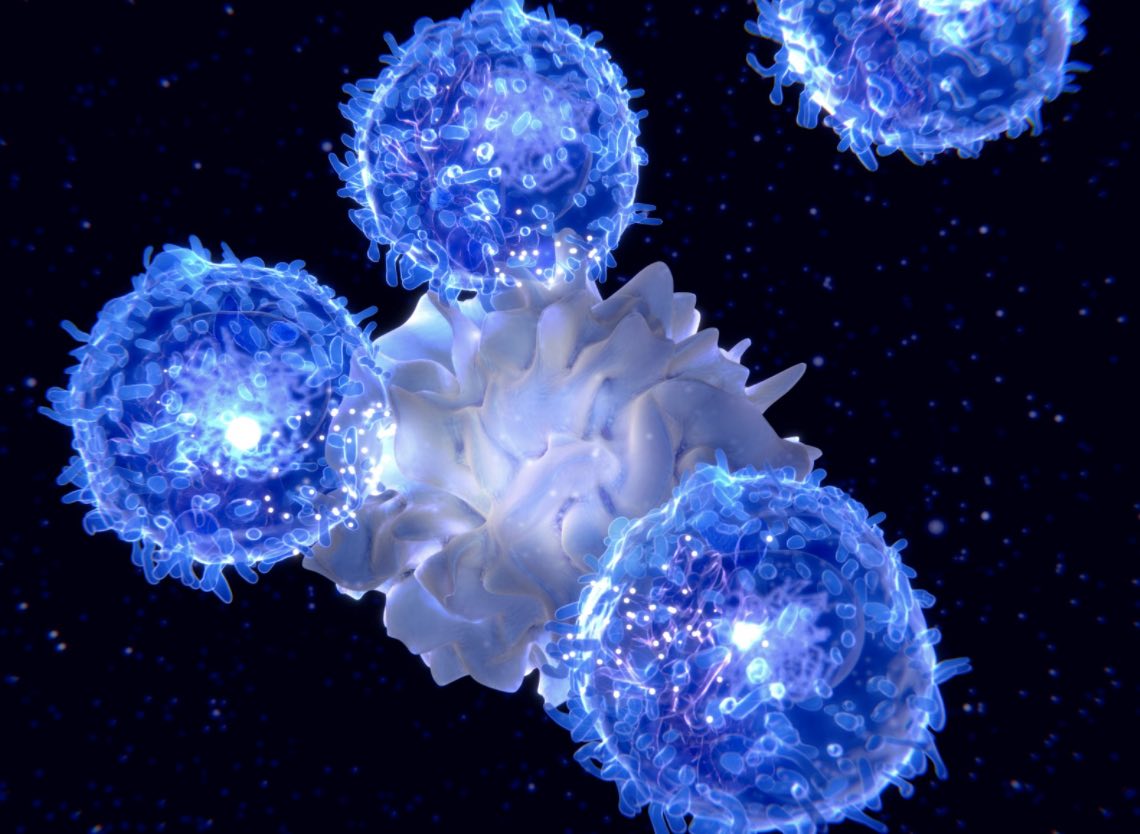As current staging systems for cancer are typically found through anatomical evaluations of the disease, stratification of patients for treatment and further therapy strategies prove difficult. Much potential remains in cancer biomarker research for the identification of prognostic gene expression signatures capable of classifying tumor subgroups via their biological counterparts. With the advancements in genomic and transcriptomic technologies, researchers are making great discoveries in cancer biomarkers for detection, prediction of therapeutic response and prognoses of cancer. Recent research highlights a new cuproptosis (copper-induced death) related immune checkpoint gene signature recently investigated as a potential biomarker for anticancer therapy for hepatocellular carcinoma.
Cancer-seeking molecular delivery system could boost immunotherapy drug, research finds
For past decades, the treatment of cancer has generally meant surgery, radiation, chemotherapy, or a combination of the above. Through recent work from a collaboration of researchers from the University of Rhode Island and Yale University comes the promising new approach of delivering immunotherapy agents, STING agonists, via a cancer-seeking molecular delivery system. The delivery relies on the acid-seeking molecule- pHLIP. These molecules deliver cargo directly to the tumor environment via targeting of the high acidity of cancerous tumors. Through this novel drug delivery technique, cancer immunotherapy may become even more effective.
Continue reading










